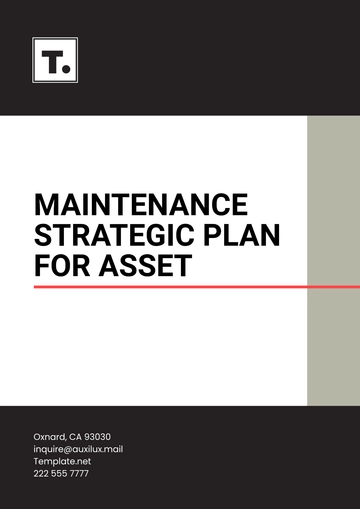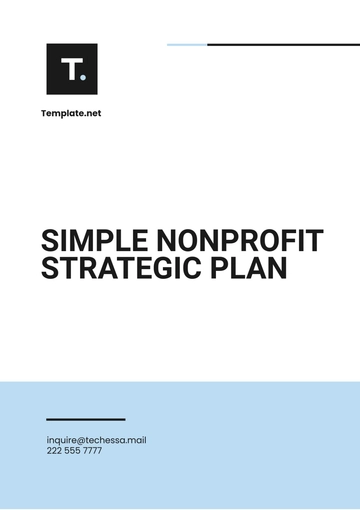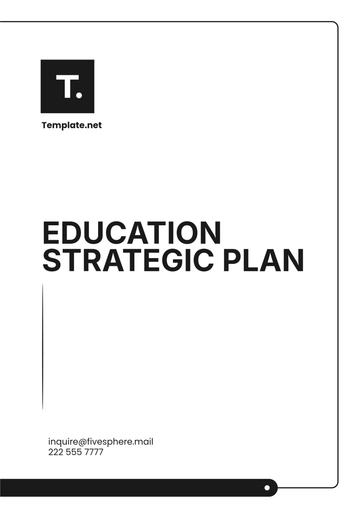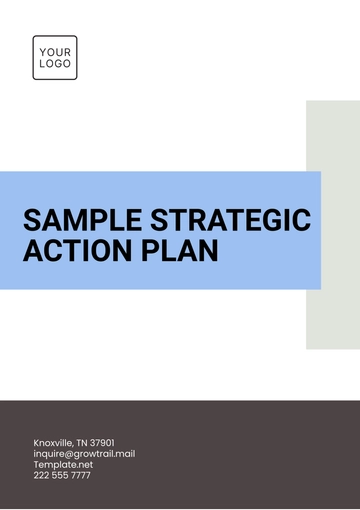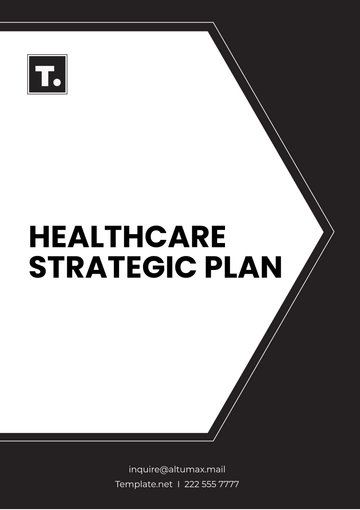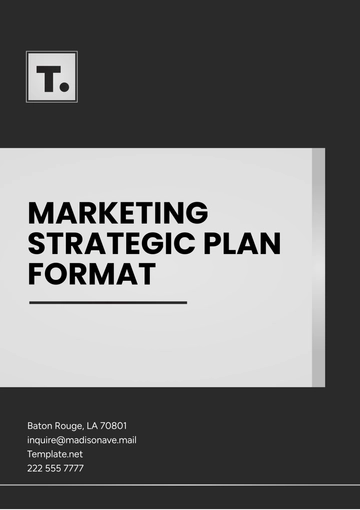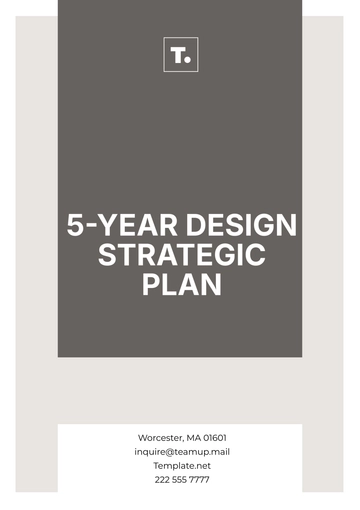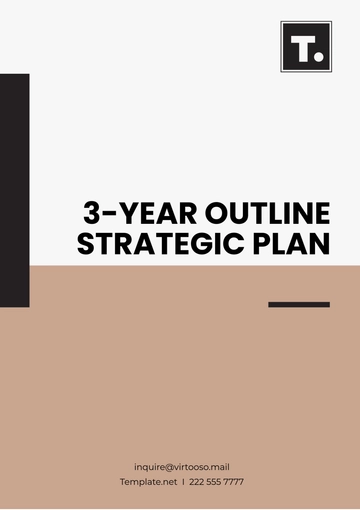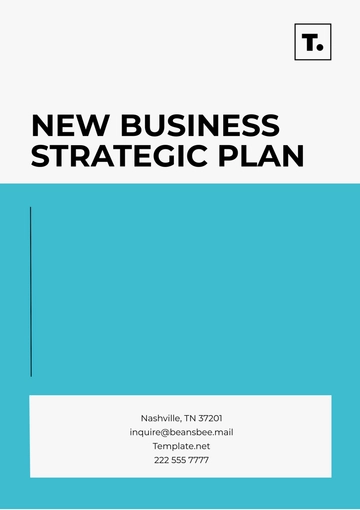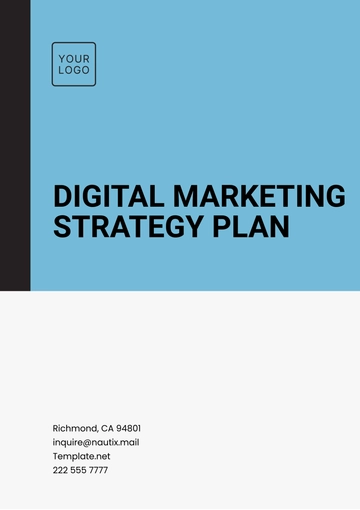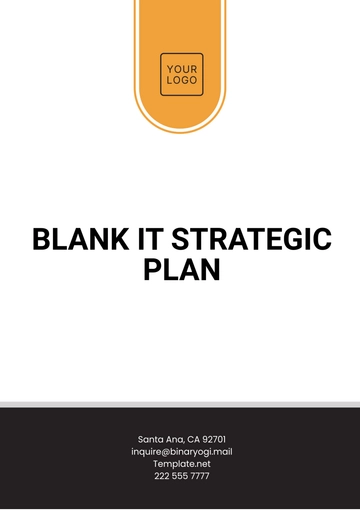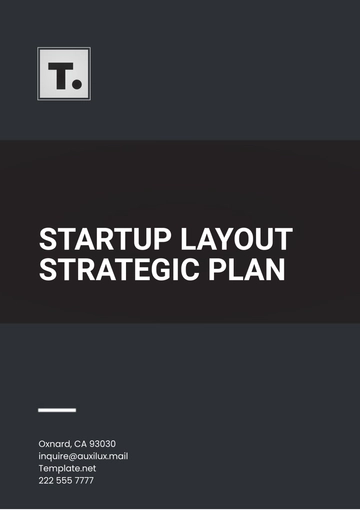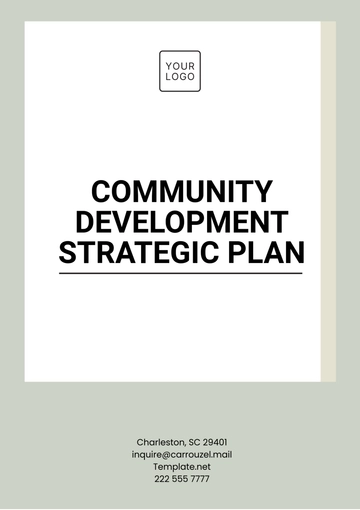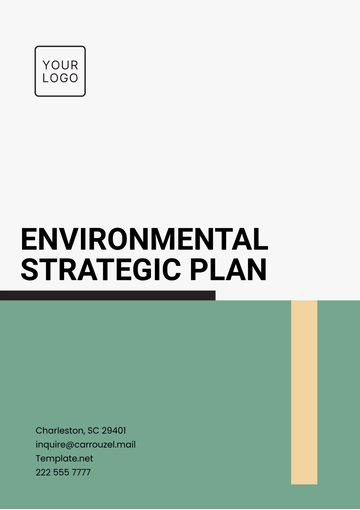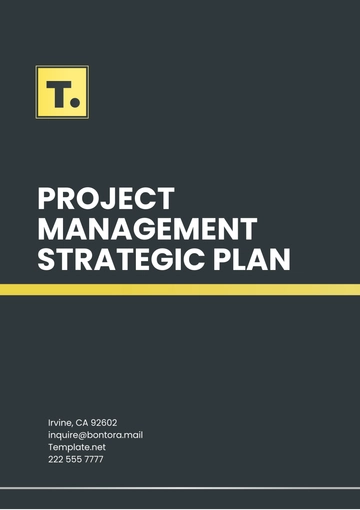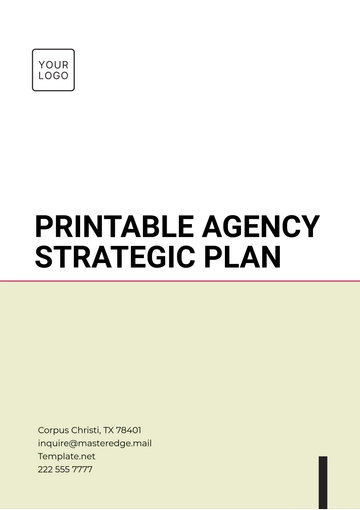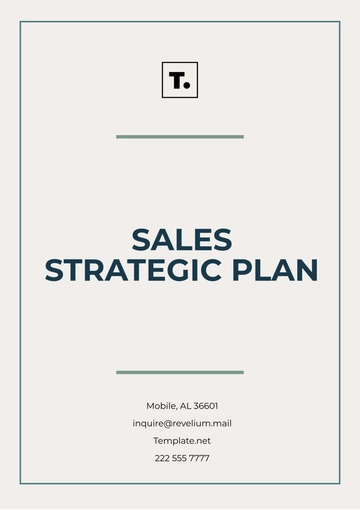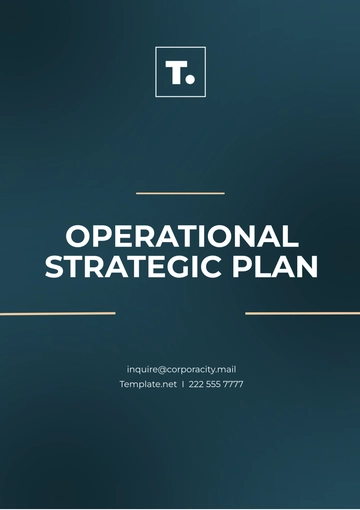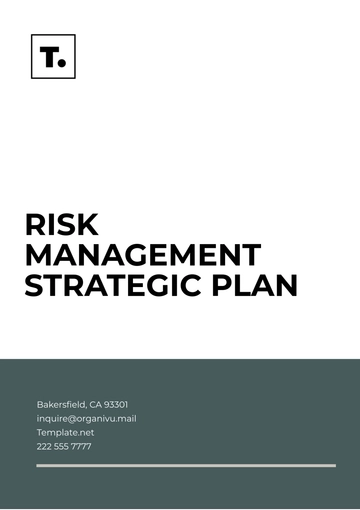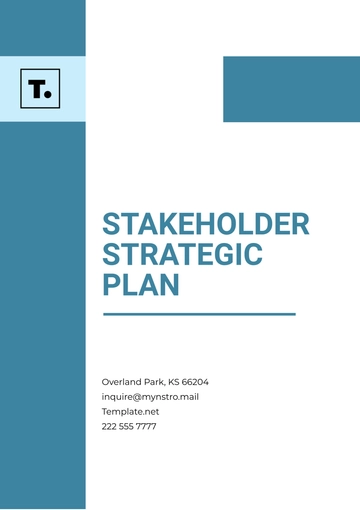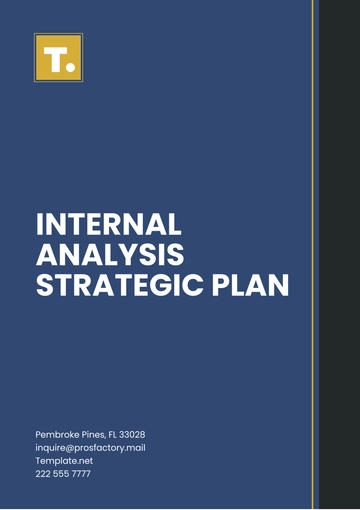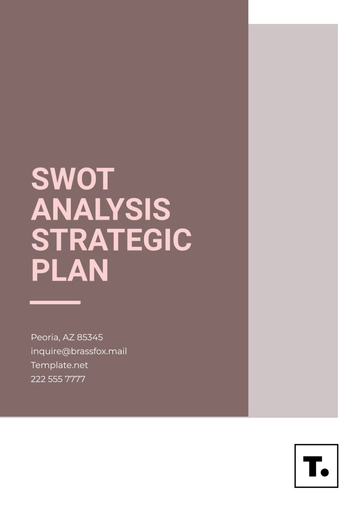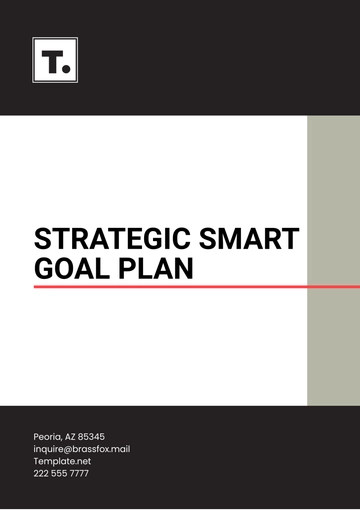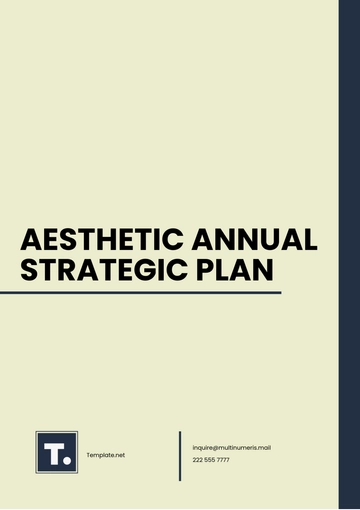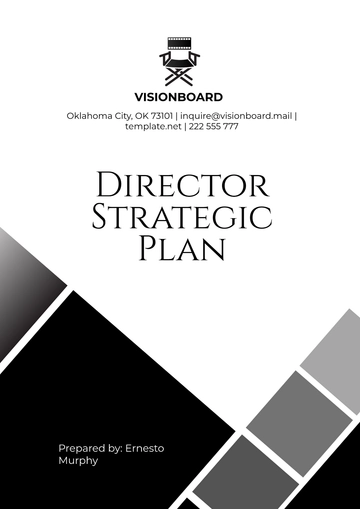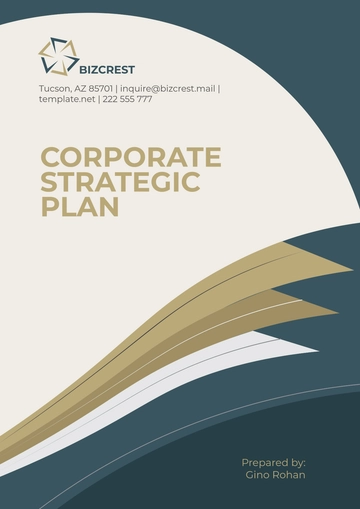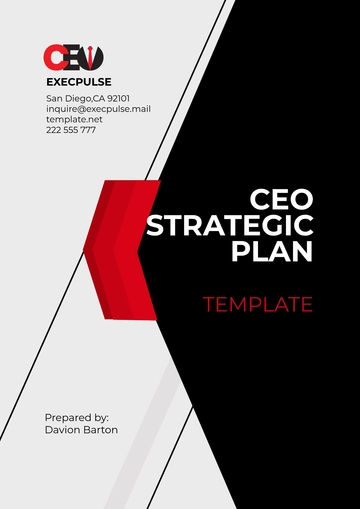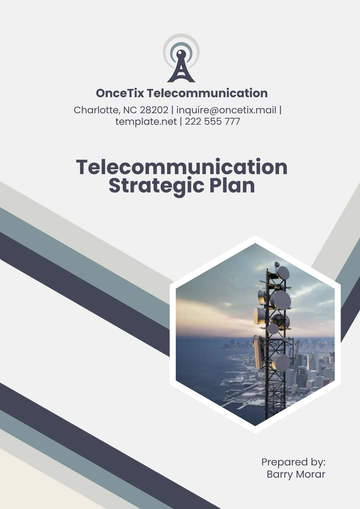Free SaaS Design Marketing Strategic Plan
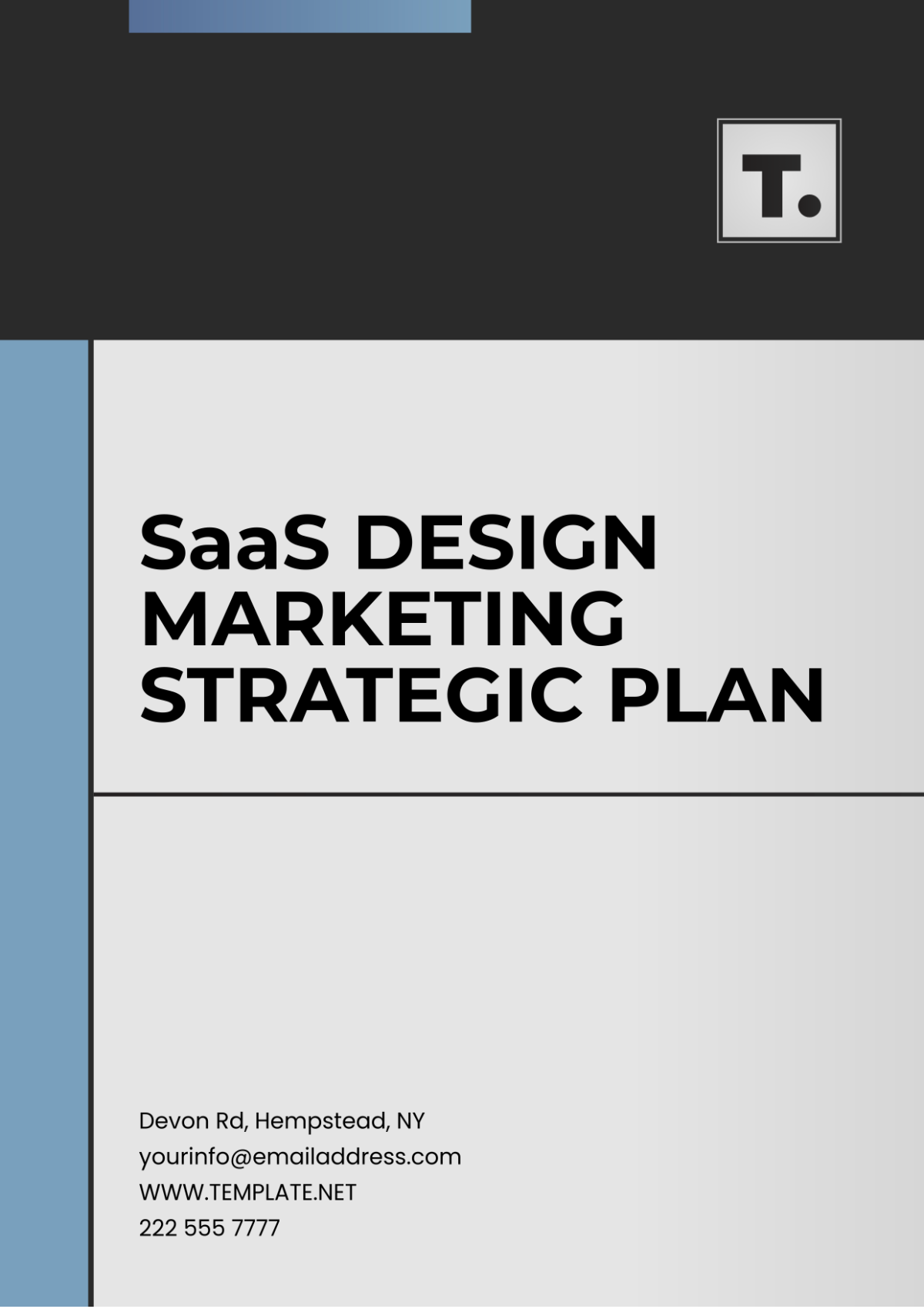
Prepared by: [YOUR NAME]
Date: [DATE]
I. Executive Summary
This SaaS Design Marketing Strategic Plan outlines a series of strategies aimed at promoting and enhancing our design software service. By leveraging innovative marketing techniques and focusing on customer-centric strategies, our goal is to expand our market share, improve customer retention, and increase brand awareness. Through comprehensive market analysis, we have identified key opportunities that will drive our objectives.
II. Market Analysis
A. Industry Overview
The SaaS industry, particularly in design software, has experienced substantial growth. With increasing digital transformations, businesses seek flexible and efficient design solutions, making this sector highly competitive yet opportunistic.
B. Target Audience
Our primary target audience includes:
Graphic designers and creative professionals seeking advanced and collaborative tools.
Small to medium-sized enterprises looking for cost-effective design solutions.
Educational institutions incorporate digital design in their curriculum.
C. Competitor Analysis
We assess the strategies of direct and indirect competitors to identify strengths and weaknesses. This involves monitoring their product offerings, customer feedback, pricing strategies, and marketing tactics.
III. Marketing Objectives
Our marketing objectives are designed to facilitate growth and retention. These objectives include:
Objective | Description | Timeline |
|---|---|---|
Increase Brand Awareness | Through targeted advertising and social media campaigns, aim for a 20% increase in brand recognition and visibility within 6 months. | 6 Months |
Enhance Customer Retention | Develop loyalty programs and personalized customer experiences to achieve a 15% reduction in churn rate over the next year. | 1 Year |
Expand Market Share | Enter new geographical markets and customer segments, aiming for a 10% increase in market share within 18 months. | 18 Months |
IV. Marketing Strategies
A. Content Marketing
Create and distribute valuable, relevant content to attract and engage the target audience. This includes:
Blog articles and case studies showcasing user success stories and product highlights.
Webinars and workshops offering insights into design trends and best practices.
B. Social Media Campaigns
Leverage platforms like Instagram, LinkedIn, and Twitter to connect with our audience. Strategies include:
Engaging content such as tutorials, customer testimonials, and live Q&A sessions.
Influencer partnerships to amplify reach and credibility.
C. Email Marketing
Develop targeted email campaigns to nurture potential leads and maintain relationships with current customers. Key components include:
Personalized recommendations based on user behavior and preferences.
Automated email series to onboard new users effectively.
V. Budget Allocation
A strategic budget allocation ensures optimal utilization of resources. The designated budget for each marketing channel is as follows:
Marketing Channel | Budget | Percentage of Total Budget |
|---|---|---|
Content Marketing | $20,000 | 25% |
Social Media | $15,000 | 18.75% |
Email Marketing | $10,000 | 12.5% |
Online Advertising | $25,000 | 31.25% |
Market Research | $10,000 | 12.5% |
VI. Performance Metrics
To evaluate the success of our marketing strategies, we will use the following performance metrics:
Website traffic growth and engagement rates.
Conversion rates from leads to customers.
Customer satisfaction and Net Promoter Score (NPS).
Return on investment (ROI) from marketing activities.
VII. Conclusion
This Strategic Marketing Plan provides a comprehensive roadmap to amplify our presence in the SaaS design industry. By following these outlined steps and continuously monitoring our progress, we aim to achieve significant growth and retain satisfied customers while exploring new markets and segments.
- 100% Customizable, free editor
- Access 1 Million+ Templates, photo’s & graphics
- Download or share as a template
- Click and replace photos, graphics, text, backgrounds
- Resize, crop, AI write & more
- Access advanced editor
